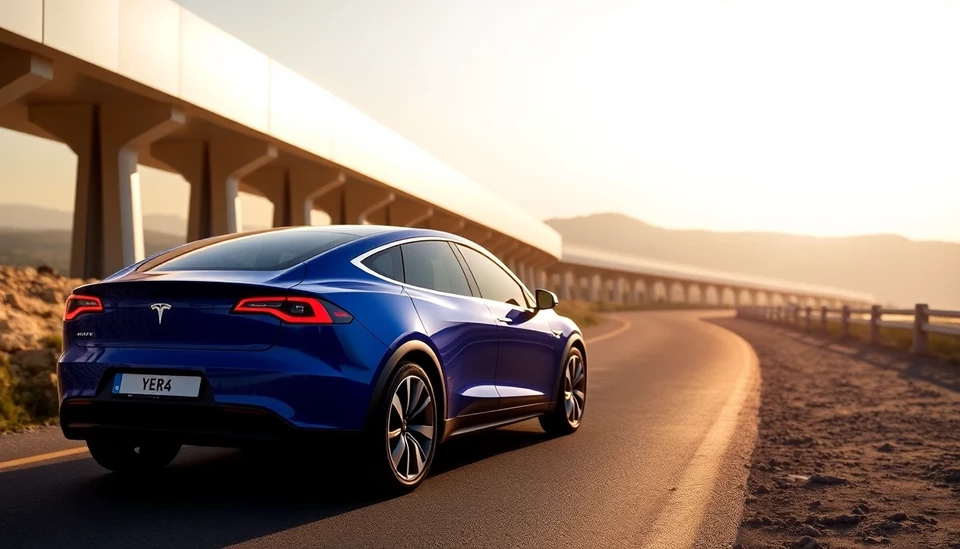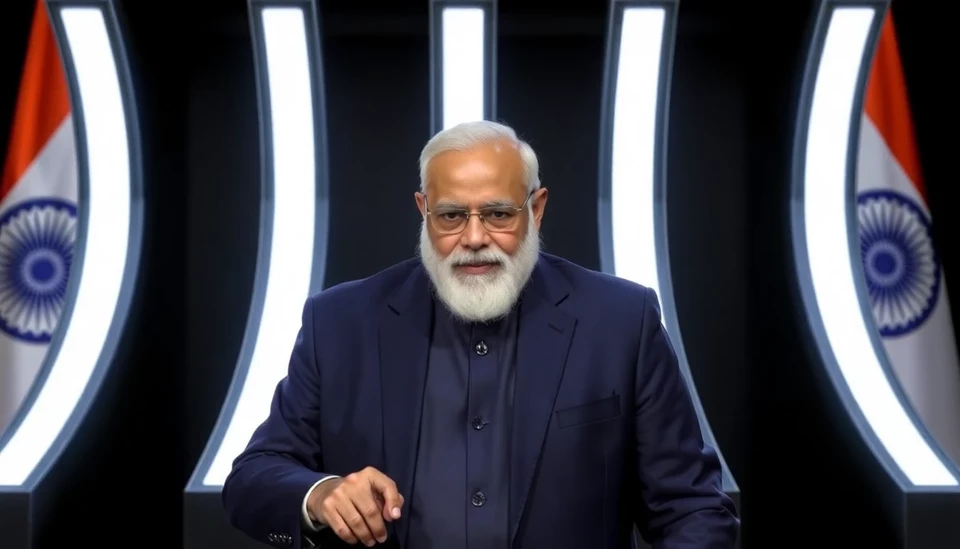
In a strategic move reflecting India's growing ambitions in the electric vehicle (EV) landscape, the Indian government has formally declined a significant bid from Chinese automaker BYD. This decision comes at a time when India is ardently courting rival EV manufacturer, Tesla, to make substantial investments in its burgeoning auto sector.
The government's choice to sidestep BYD is indicative of its ongoing attempts to bolster domestic manufacturing while fostering relations with established players in the EV market. By prioritizing Tesla, which has a strong brand presence and technological prowess, India aims to position itself as a central hub for electric vehicle production and innovation.
Indian officials have highlighted the importance of securing investments that align with their long-term vision for sustainable transport and modern infrastructure. They have communicated their open invitation to Tesla, emphasizing potential collaborations that could see significant advancements in battery technology, charging infrastructure, and local production capabilities.
BYD, known for its competitive pricing and extensive range of electric vehicles, was reportedly keen on establishing a manufacturing footprint in India. However, the current geopolitical sentiments and India’s cautious approach towards Chinese investments seem to have played a pivotal role in this decision. Indian authorities are looking to strike a balance between attracting foreign capital and ensuring they maintain a favorable economic environment for local industries.
Meanwhile, Tesla's CEO, Elon Musk, has previously stated his intent to expand operations in India, and indications suggest ongoing discussions about establishing a manufacturing facility in the country. Analysts point out that India’s vast market potential and a growing demand for clean energy solutions make it a critical focus for Tesla's global strategy.
As the competitive landscape continues to evolve, India's position stands as a key player amid global shifts towards electric mobility. By snubbing BYD while laying out the red carpet for Tesla, India is signaling its commitment to developing an autonomous electric ecosystem that not only serves domestic needs but potentially positions it as a twinkle of hope in the international EV market.
This strategic pivot reflects the Indian government’s strategic guideline to ensure investments contribute positively to local economies, create jobs, and foster technological synergies that are paramount to achieving green targets and sustainable growth.
In summary, India's rejection of BYD’s proposal, coupled with its proactive outreach to Tesla, underscores a critical phase in the nation’s roadmap towards embracing electric mobility while navigating the complexities of international relations and global market dynamics.
#India #EV #Tesla #BYD #ElectricVehicles #SustainableGrowth #AutomotiveIndustry
Author: Samuel Brooks




